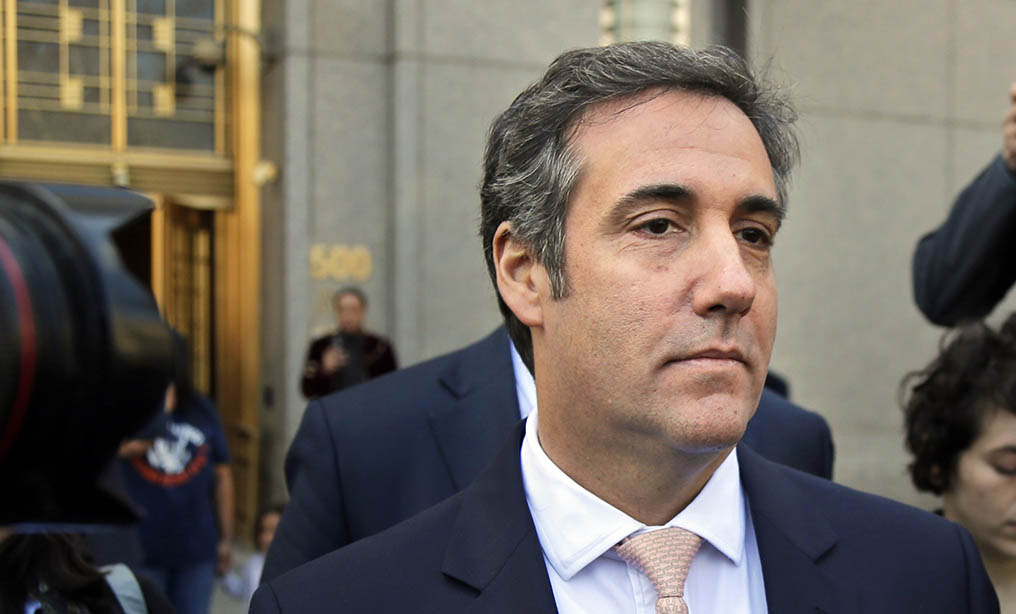After Michael Cohen pled guilty to eight federal offenses—two of which were campaign finance violations—commentators began to speculate about President Donald Trump’s exposure to criminal and civil liability for those same offenses. While the reaction to the plea has been varied, a general theme is that Cohen’s plea almost assuredly demonstrates Trump’s guilt. We think there are several unresolved factual and legal issues which, until they are settled, preclude any firm conclusion of liability. Here, our focus is not on the payment to Karen McDougal. That payment involves a possible violation of 52 U.S.C. §30118(a), which makes it “unlawful for … any corporation … to make a contribution or expenditure” in connection with a Presidential campaign. If, as alleged, the payment was made by a media company in coordination with the Trump campaign, the payment constituted an unlawful in-kind contribution by a corporation.
The issues concerning Cohen’s payment of $130,000 to adult film actress Stormy Daniels are trickier. Upon learning that Daniels intended to sell her story describing a sexual encounter with the president, Cohen arranged to purchase the publication rights and paid Ms. Daniels $130,000 in exchange for the rights and her agreeing to a nondisclosure agreement. After the payment to Daniels, Cohen submitted requests for repayment to the Trump Organization, the president’s conglomerate of over 500 business entities. Listing the payment to Daniels along with some other expenses, Cohen asked for approximately $180,000 in compensation; the Trump Organization paid Cohen approximately $400,000 over the course of the next 12 months. The government alleged that, in making the payment to Daniels, Cohen made a contribution to the Trump campaign far in excess of the $2,000 cap imposed by 52 U.S.C. §30116(a)(1)(a). In charging Cohen criminally, the government alleged, and Cohen pled, that he “willfully and knowingly” violated the law. 52 U.S.C. 30109(d)(1)(A).


 Michael Cohen. Photo: Seth Wenig/AP
Michael Cohen. Photo: Seth Wenig/AP
